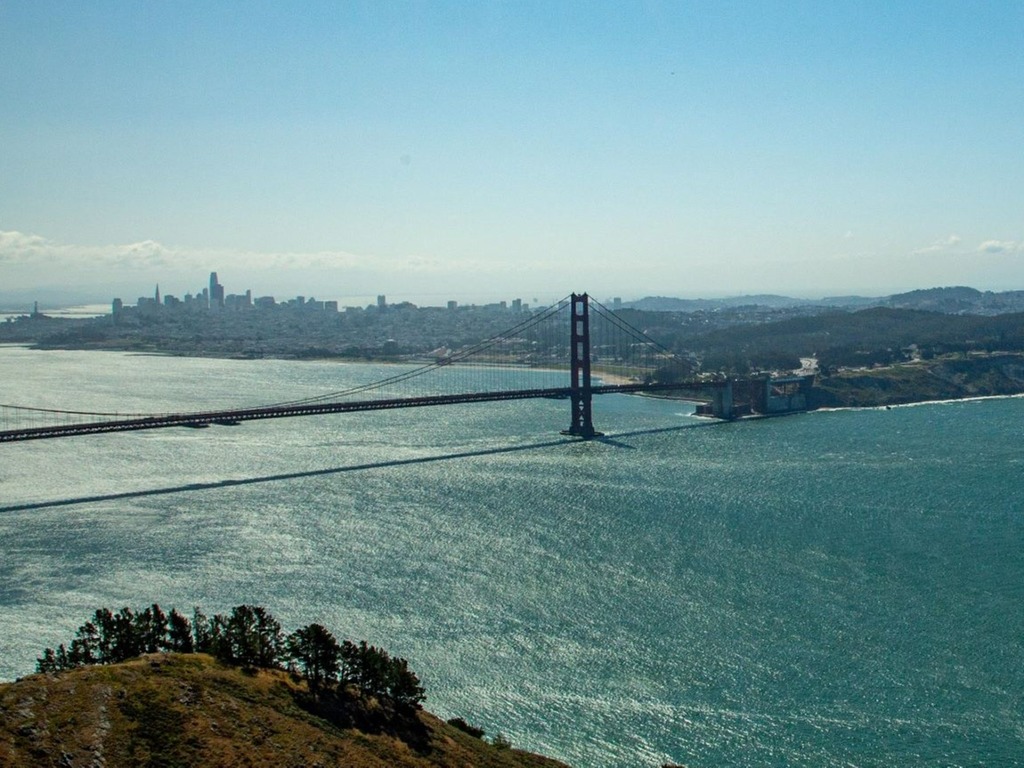Good On You, Mate!

Following a five-day trip to Australia, Taleb Rifai, secretary-general of the United Nations World Tourism Organization (UNWTO), praised the progress that Australia had made in ” converging with UNWTO’s main policy recommendations of supporting travel facilitation, intelligent taxation and sustainability.” Rifai met with federal and state government officials as well as main private sector associations and UNWTO Affiliate Members during his five day visit.
The UNWTO’s secretary-general congratulated Andrew Robb, Australia’s minister for trade and investment, “for their commitment to review taxation on the sector and facilitate visas.”
Said Rifai: “The transversal nature of tourism calls for a broad focus of tourism policy, interacting with a set of general policy measures; Australia shows how it can be done. Australia sets a fine example to the world as a leading destination in sustainability, marketing, research and planning. Through enhancing aviation policies, improving visa policies and increasing tourism investment, Australia will be well on track to achieving its Tourism 2020 goals.”
Since it took office in September of last year, the Australian Government has frozen the Passenger Movement Charge (PMC) and has announced new visa policies for Chinese nationals, one of the fastest growing outbound markets in the world and to Australia.
Minister Robb observed: “Chinese business visitors will now be eligible to apply for a three-year multiple entry visa, increasing the prospect of repeat visits to Australia, which would be warmly welcomed by our tourism sector.”
The changes come following the Australian government’s decision to grant increased seating capacity to Chinese airlines to help cater for increased demand during the busy Chinese New Year period in Australia.
The UNWTO’s boss also pointed out that: “Tourism has now a distinctive voice in Australia’s foreign policy, after being included in the portfolio of the Ministry of Trade and Investment, allowing for tourism to be clearly positioned in international trade agreements, among other strategic areas.”


